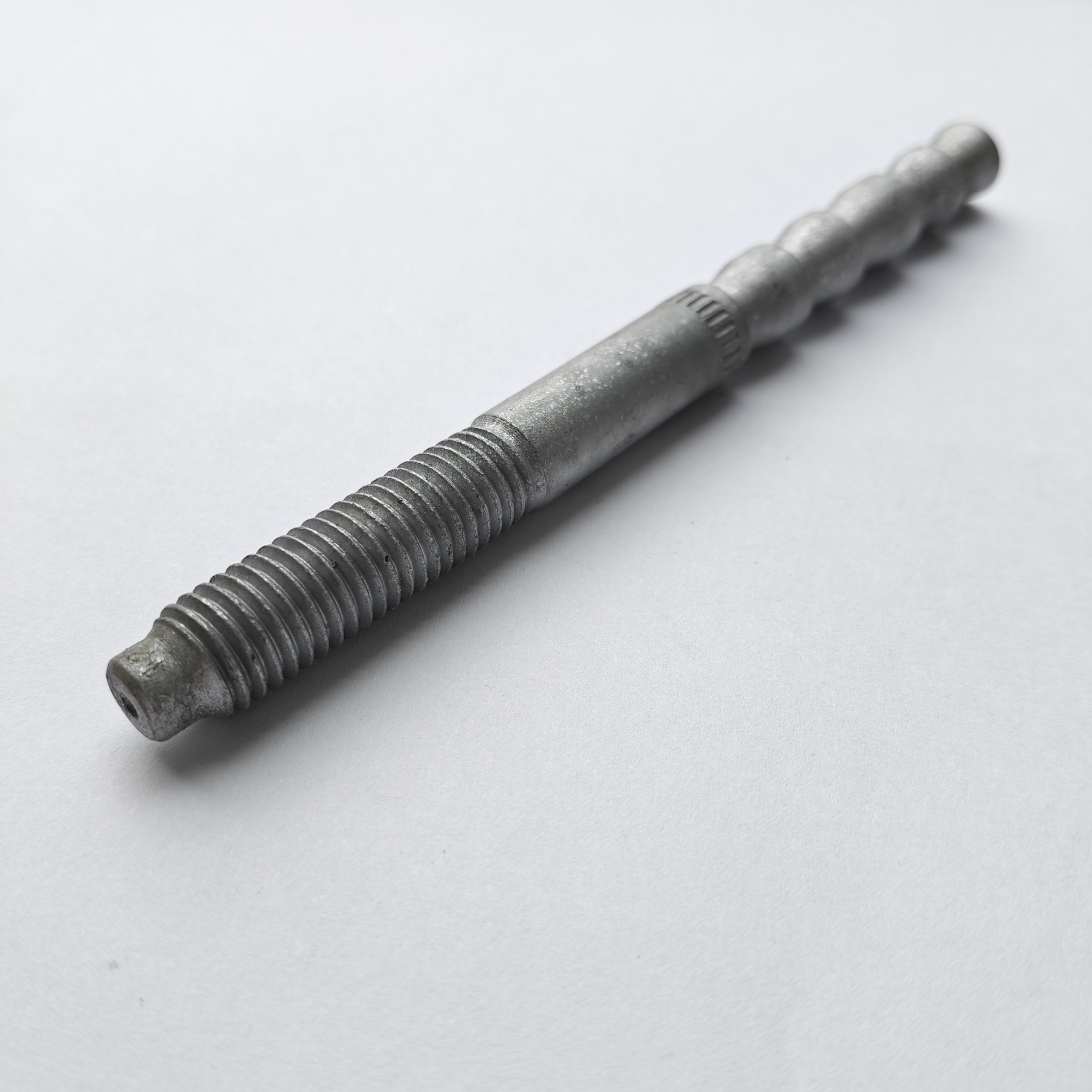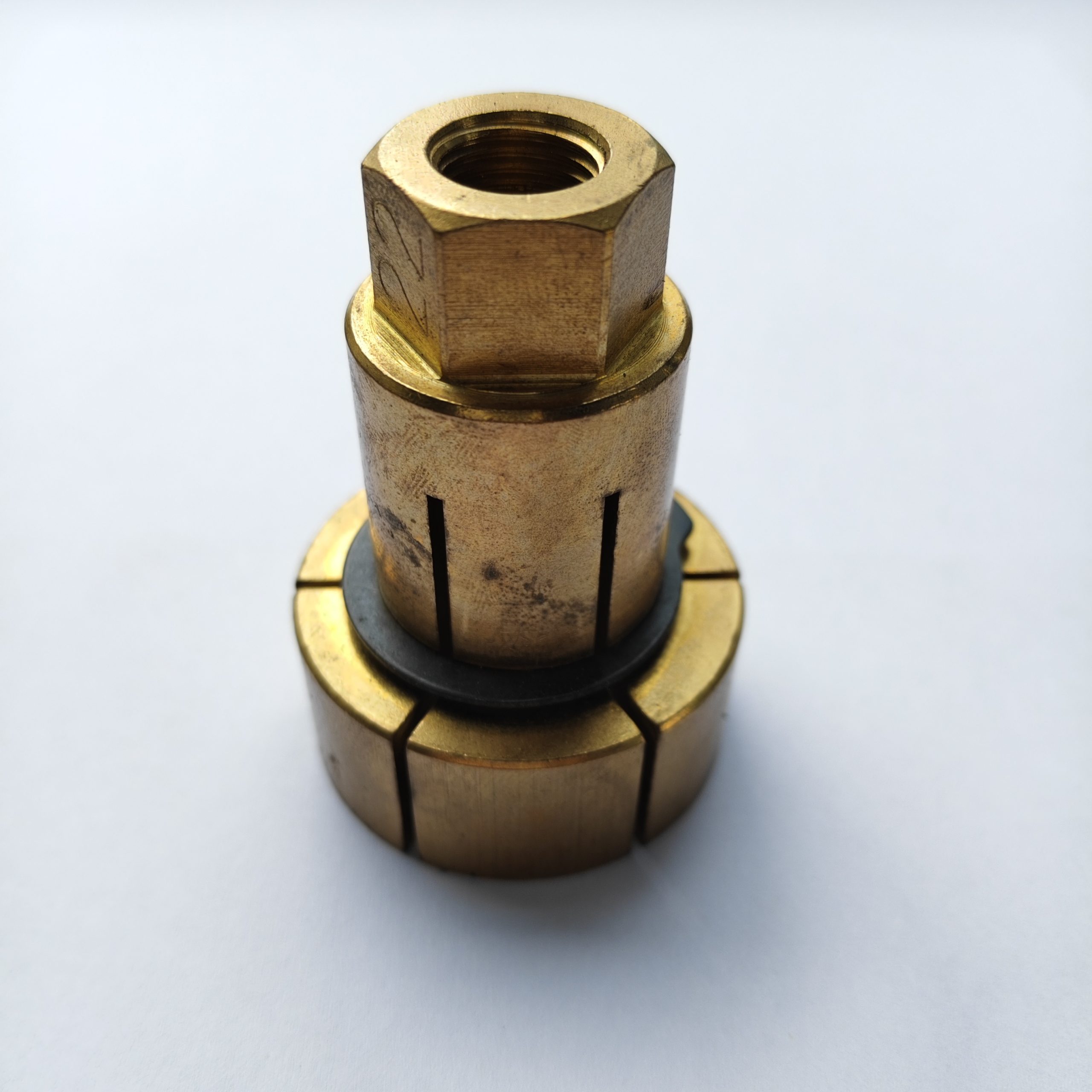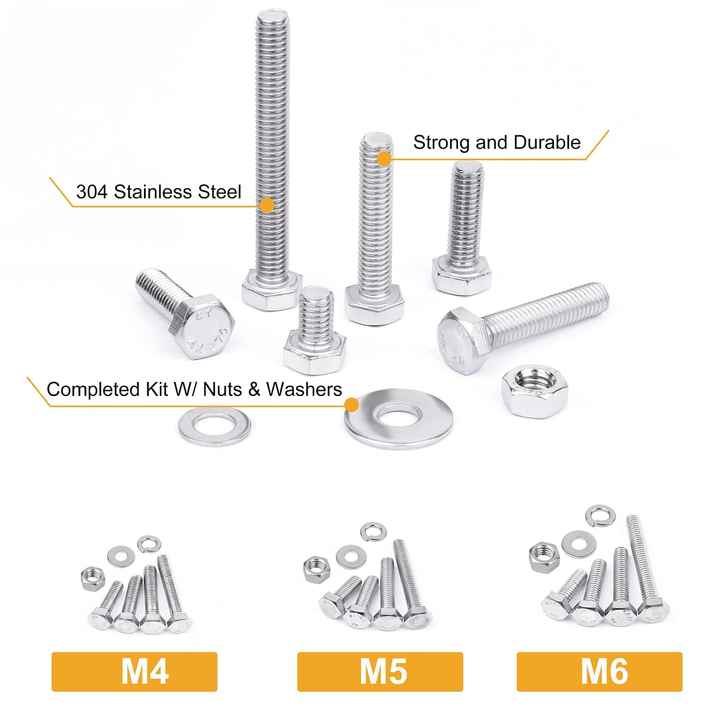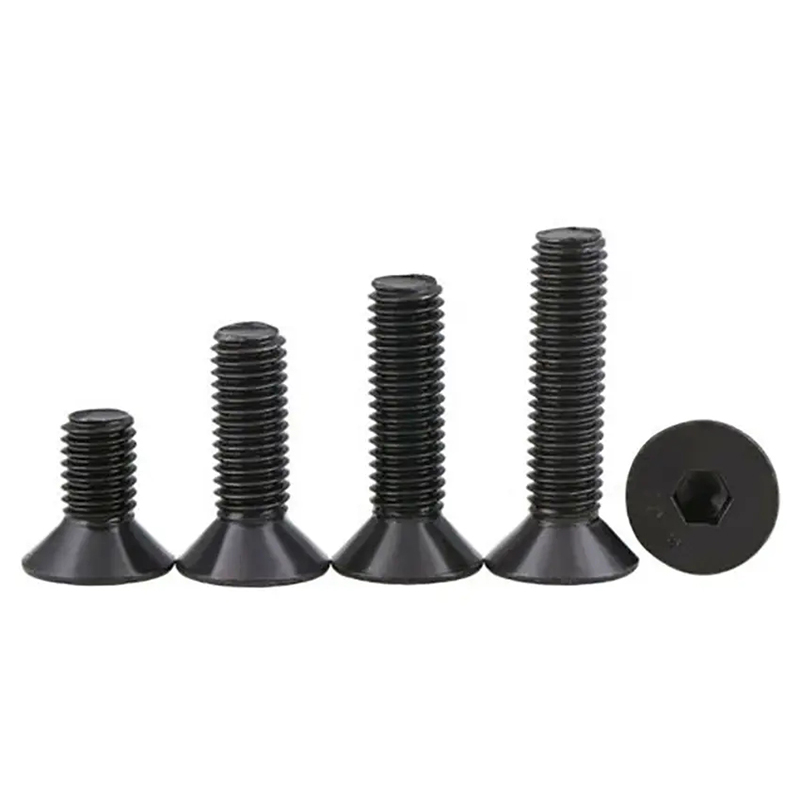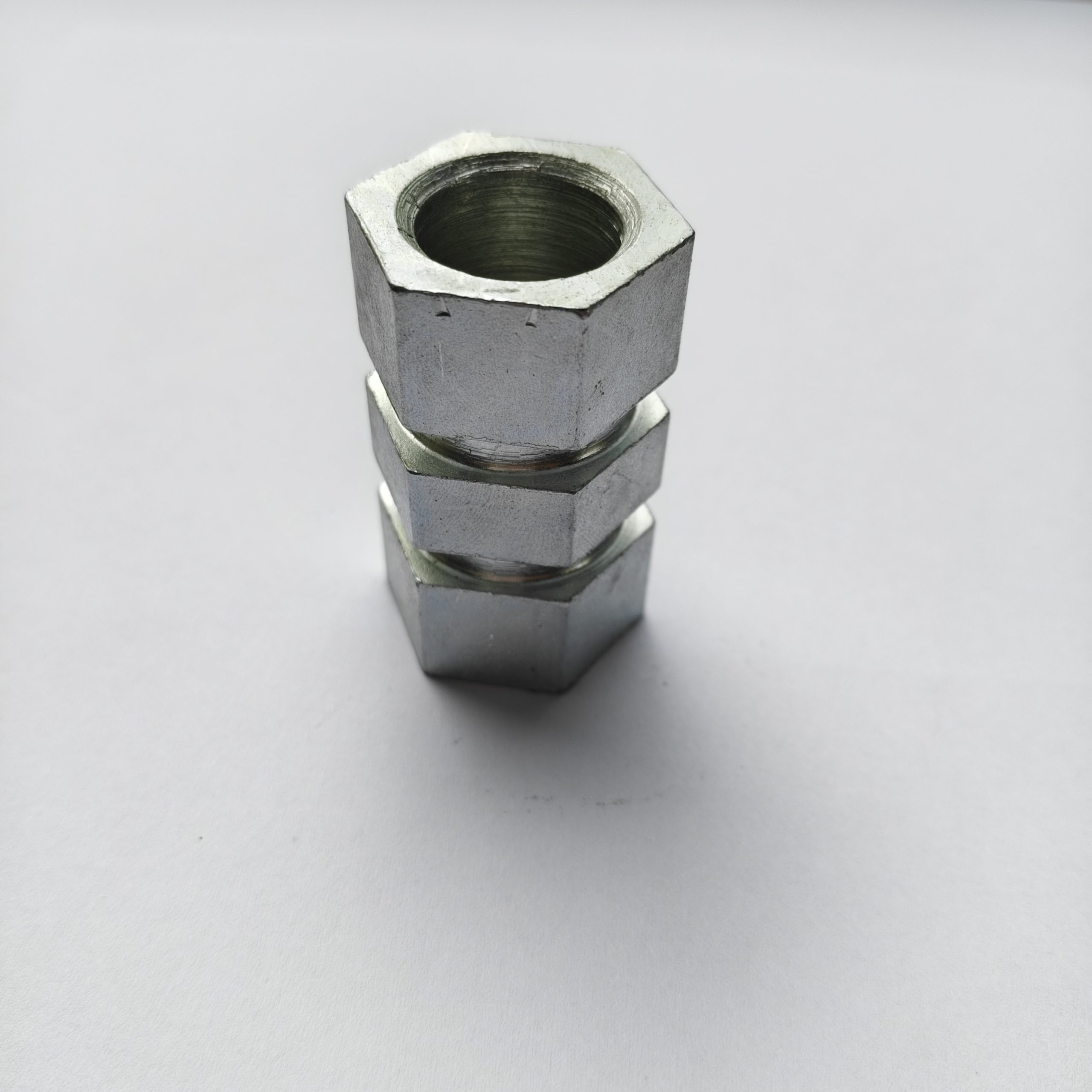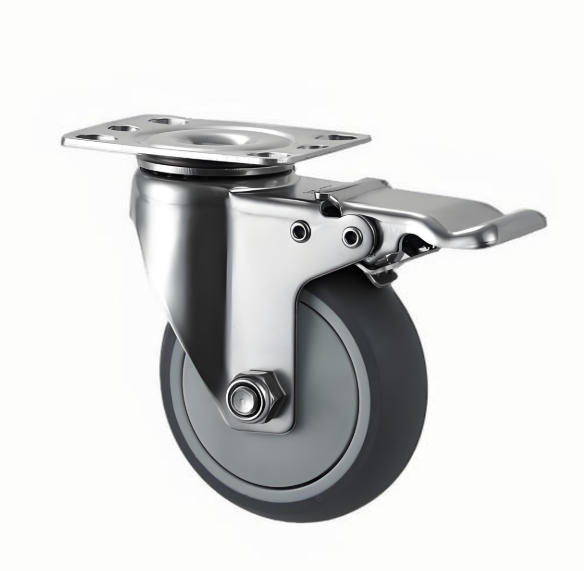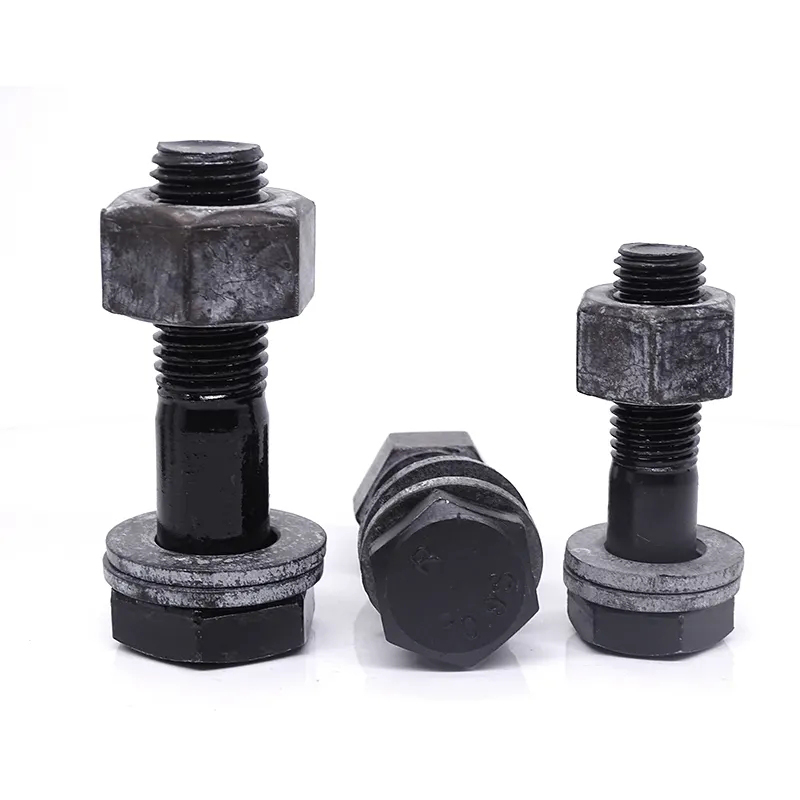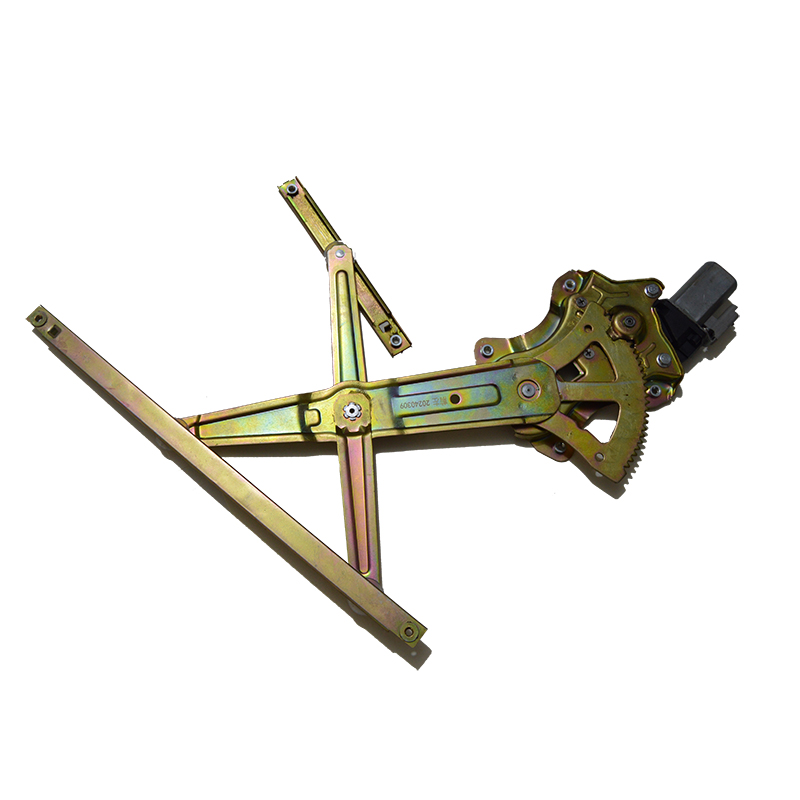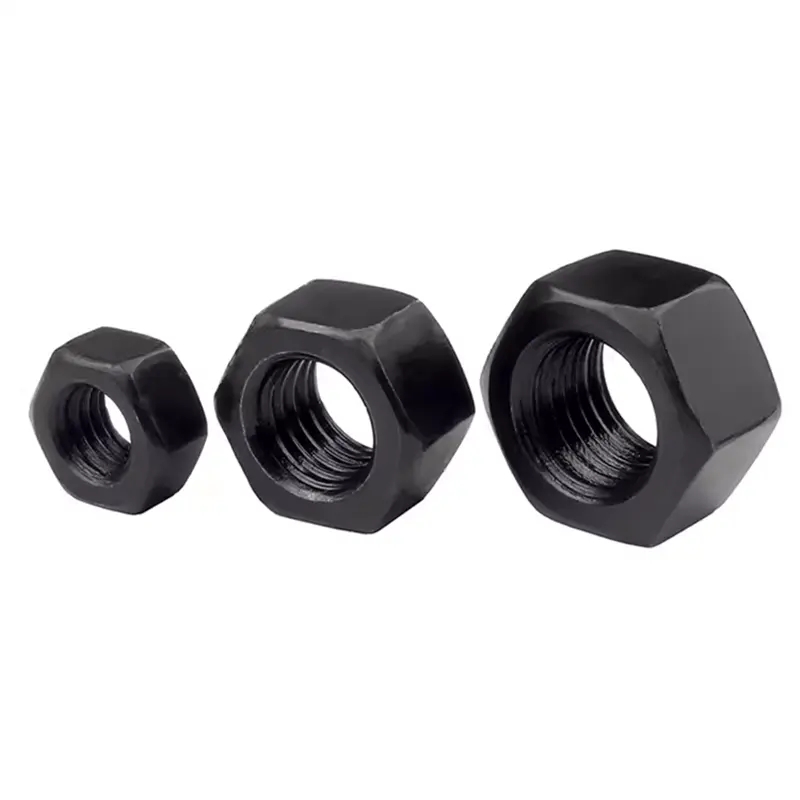

Buy Threaded Rivet Nuts: A Comprehensive GuideThis guide provides a comprehensive overview of threaded rivet nuts, covering their types, applications, installation methods, and selection criteria. Learn how to choose the right threaded rivet nuts for your project and ensure a secure, reliable fastening solution.
Choosing the right threaded rivet nuts can significantly impact the strength, durability, and overall success of your project. This guide helps you navigate the world of threaded rivet nuts, enabling you to make informed decisions for your specific application. We'll cover different types, installation techniques, and crucial considerations to help you buy the perfect threaded rivet nuts for your needs.
Threaded rivet nuts come in a variety of materials, sizes, and styles, each suited for different applications. Understanding these differences is vital for selecting the most appropriate option.
Common materials include steel (various grades), aluminum, and stainless steel. Steel offers high strength, while aluminum is lighter and often preferred in applications requiring corrosion resistance. Stainless steel provides excellent corrosion resistance and strength, making it ideal for outdoor or harsh environments. The choice of material depends on the specific requirements of your project and the environment where the threaded rivet nuts will be used.
Threaded rivet nuts are available in a wide range of sizes, typically specified by their diameter and thread pitch. The thread type (e.g., metric or UNC/UNF) must match the screw you intend to use. Incorrect sizing or thread type can lead to poor fastening and potential failure. Always consult the manufacturer's specifications for compatible screws and appropriate torque values.
Different designs cater to various applications and material thicknesses. Some common designs include closed-end and open-end threaded rivet nuts. Closed-end varieties offer better protection against debris and provide a cleaner aesthetic, while open-end designs can be easier to install in certain situations. Blind rivet nuts are particularly useful for applications where access is limited to one side of the workpiece.
Proper installation is crucial for ensuring the strength and reliability of the threaded rivet nuts. The process typically involves using a rivet nut tool, which applies pressure to the rivet nut, causing it to deform and create a secure fastening. Different tools are available, ranging from manual hand tools to pneumatic or electric rivet guns, depending on the volume and type of installation.
The choice of tool will depend on factors such as the volume of installations needed, the material thickness, and the type of threaded rivet nuts being used. For low-volume applications, a manual tool may suffice. For higher-volume projects, a pneumatic or electric tool will significantly increase efficiency and reduce installation time.
The exact procedure varies slightly depending on the tool and the type of threaded rivet nuts. Generally, it involves positioning the rivet nut in the hole, inserting the tool, and then activating the tool to set the nut. It’s vital to follow the manufacturer's instructions for your specific tool and threaded rivet nuts to achieve optimal results. Incorrect installation can lead to a weak or failed fastening.
Several factors must be considered when selecting threaded rivet nuts. These include:
| Factor | Considerations |
|---|---|
| Material | Strength, corrosion resistance, weight |
| Size and Thread Type | Matching screw size and thread pitch |
| Application Environment | Exposure to elements, temperature extremes, chemical exposure |
| Material Thickness | Choosing the correct length and design for proper clamping force |
Careful consideration of these factors will ensure you select the most suitable threaded rivet nuts for your project, guaranteeing a reliable and secure fastening.
For high-quality threaded rivet nuts and expert advice, explore the range offered by Hebei Dewell Metal Products Co., LTD. They provide a wide selection of materials, sizes, and styles to meet diverse fastening needs. Contact them to discuss your specific requirements.
Remember to always consult the manufacturer’s specifications for the threaded rivet nuts and installation tools you choose to ensure safe and effective use.

